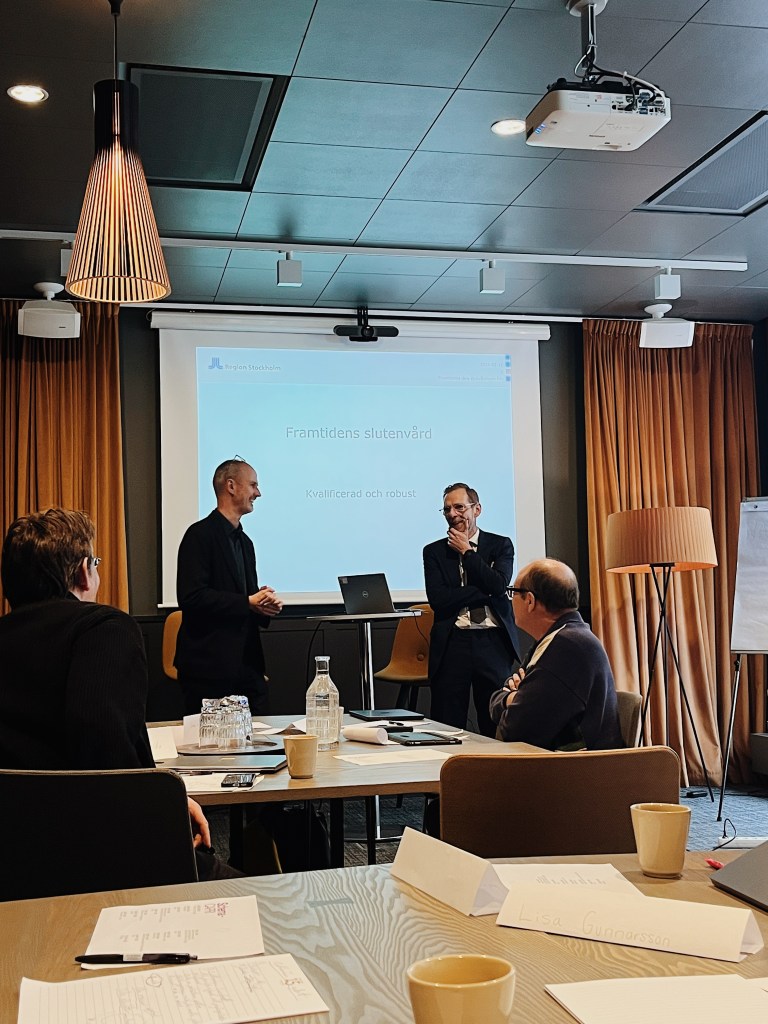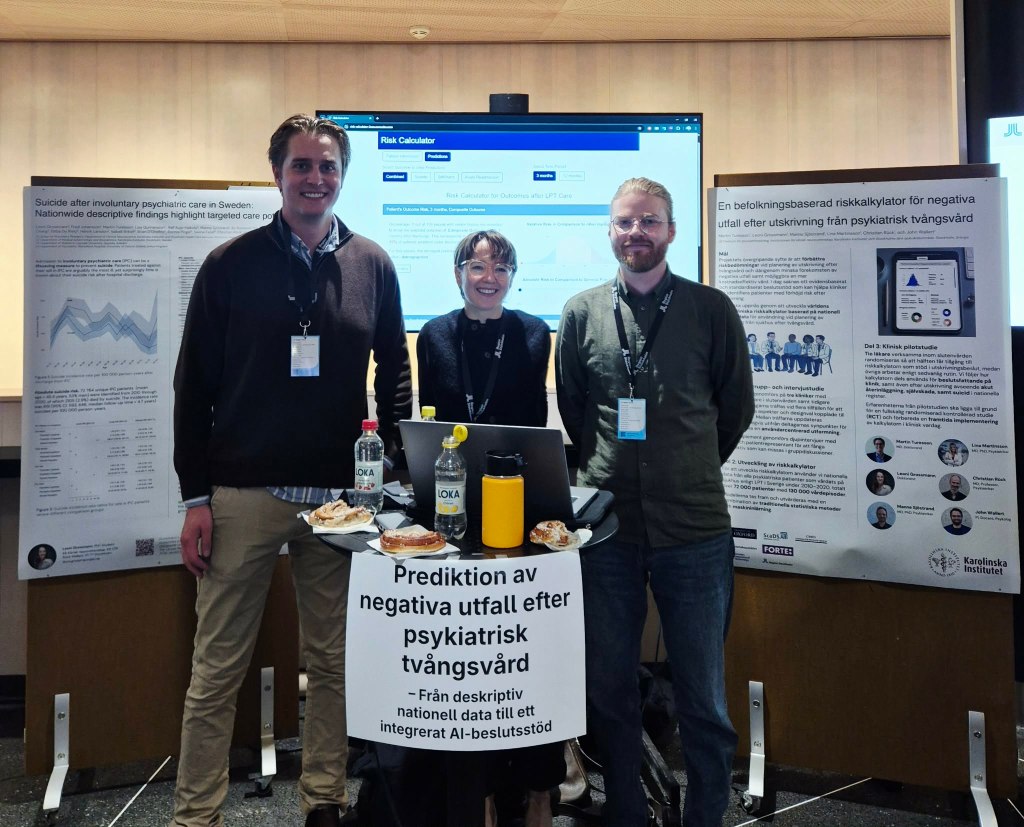The Rück Research Group is staying productive: this time it’s our very own Sim Jamil whose first-authored article on intense prolonged exposure therapy for PTSD was published in BMC Psychiatry!
Together with her co-authors, Christian Rück and Maria Bragesjö, Sim found such therapy to be a time-efficient alternative to weekly care. We look forward to seeing her continued work on this topic!
You can read the article, titled Feasibility of intensive prolonged exposure for PTSD: a pragmatic pilot study in Swedish public outpatient psychiatry, in full here! 🥳




